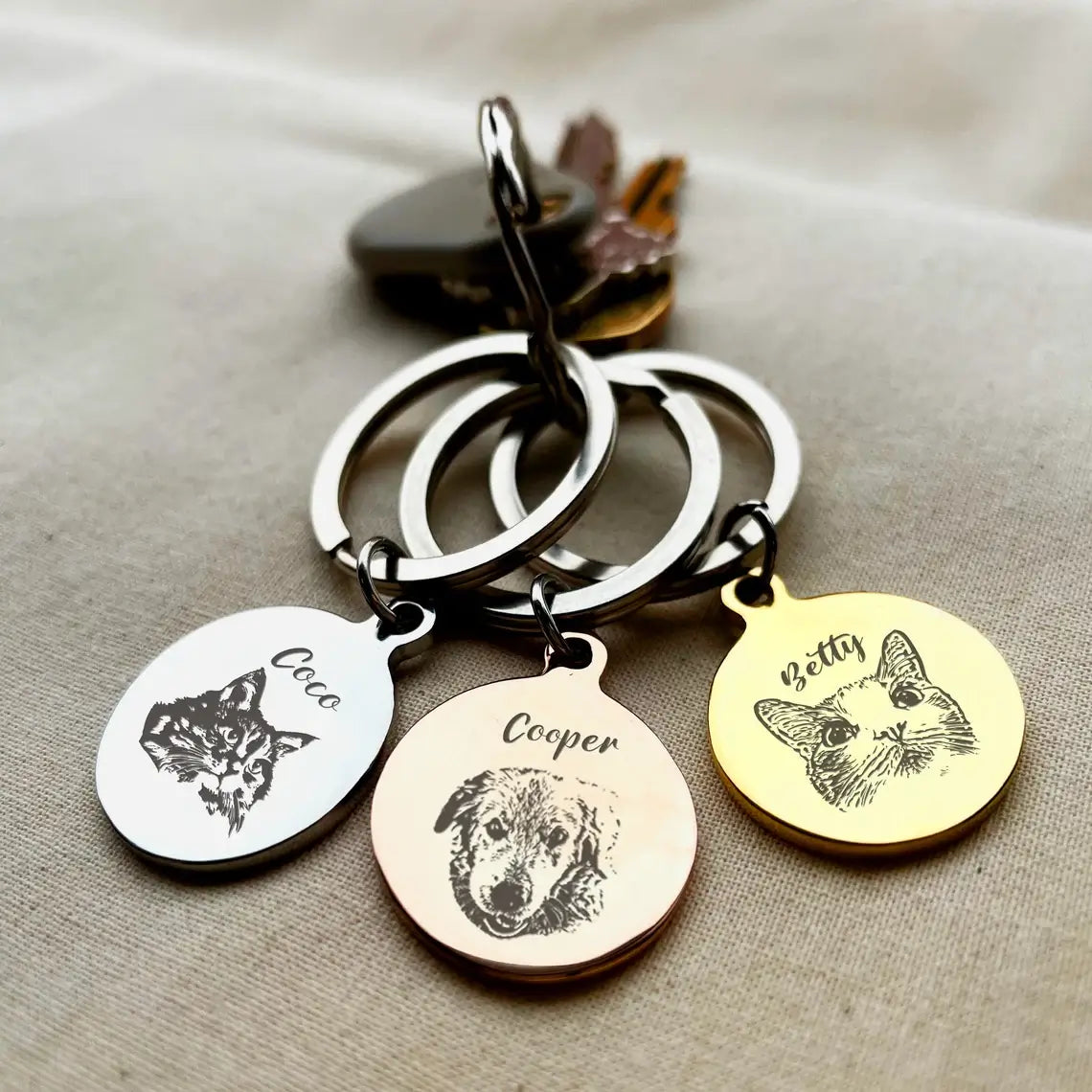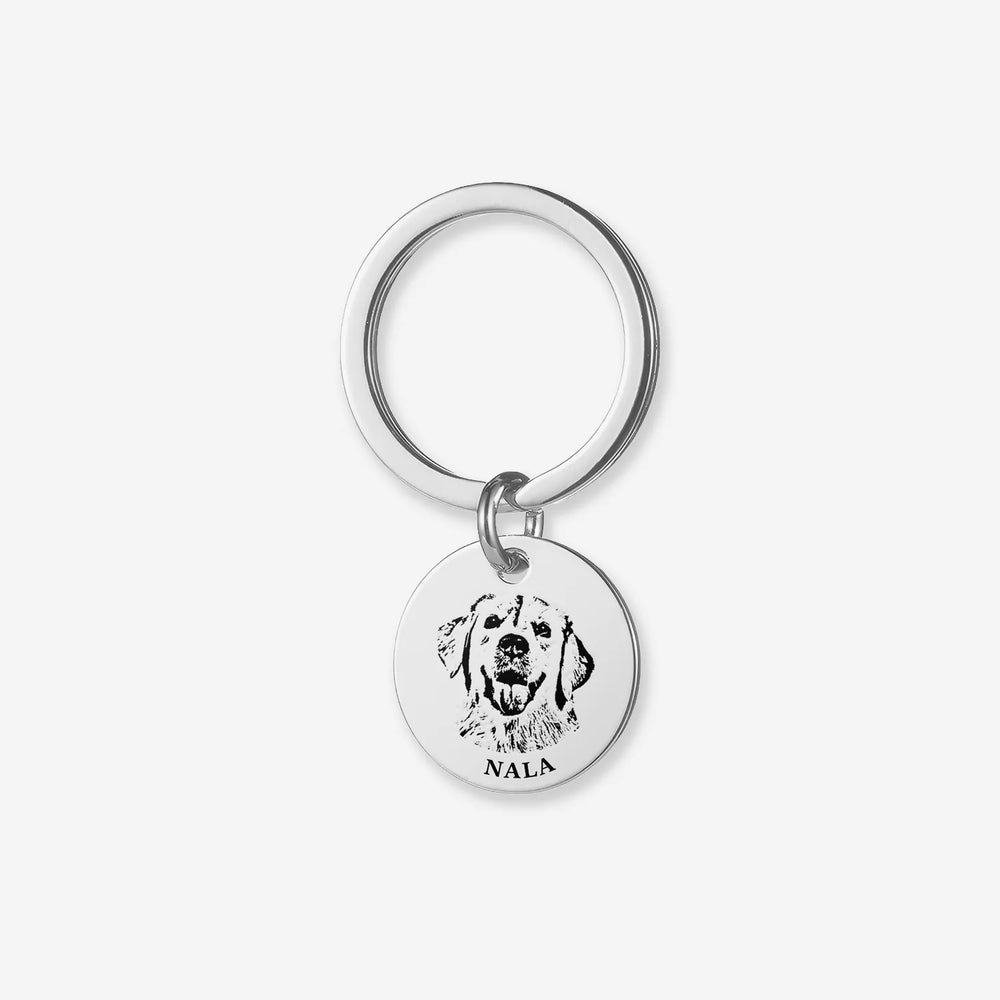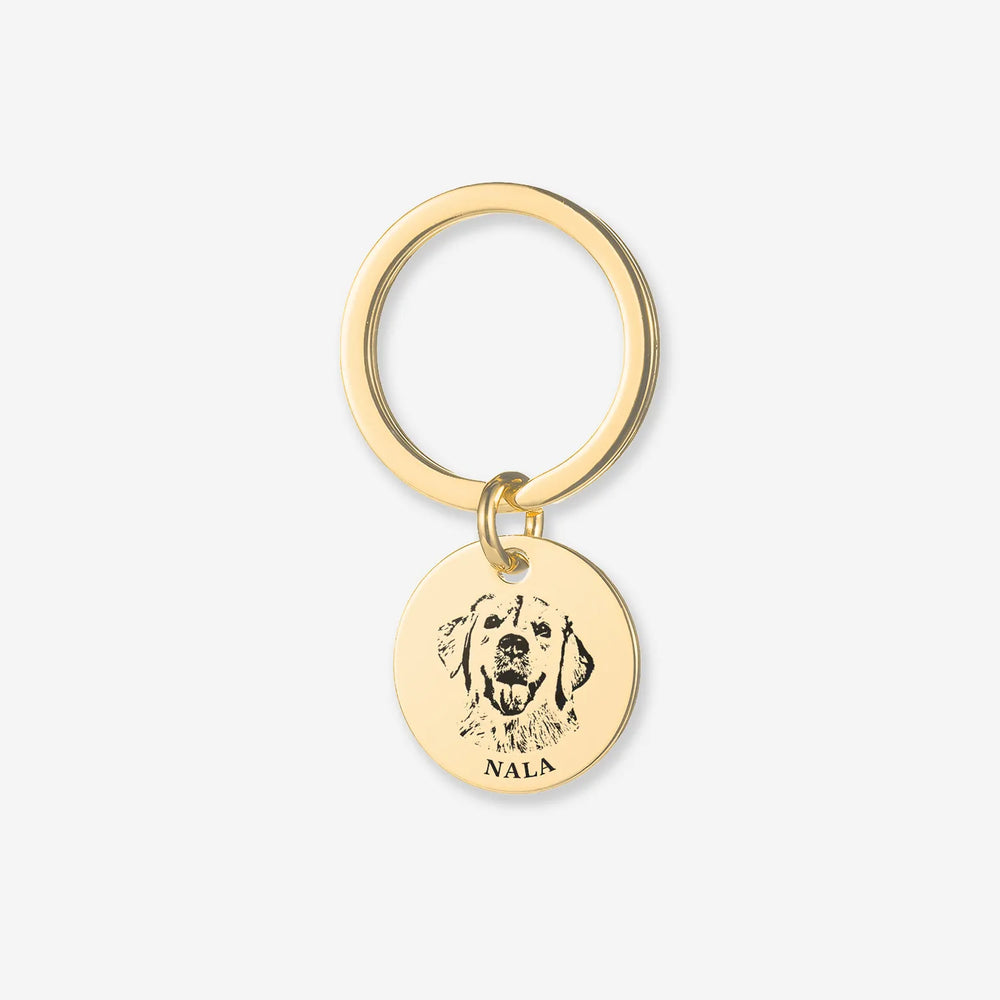Buy One, Get One FREE
9 Meanings of Cat Tails | Cat Tail Language Explained
A cat's tail is an important part of its body, not only helping it maintain balance but also expressing its emotions. Want to understand your cat's mood? Just learn to read these 9 cat tail languages, and you'll easily decode their inner world. If you can understand them all, it means you're already a very successful cat owner!

9 Cat Tail Languages

- Tail Tucked Between the Hind Legs
This is a sign of submission. When facing a stronger enemy, a cat will usually show weakness to protect itself from harm.
- Curled Into a Question Mark
If a kitten does this to its owner, it means an invitation to play. When facing an enemy, it can also be a sign of intimidation.
- Tail Wrapped Around the Legs

When a cat sits with its tail wrapped around its legs, it indicates that the cat is calm, possibly observing something or daydreaming.
- Twitching Tail Tip
When a cat finds something interesting, it may slightly twitch the tip of its tail.
- Tail Low to the Ground

When a cat spots prey or is playing with a toy, preparing to pounce, its tail will be low to the ground. The cat will lower its front body and swing its tail while staying vigilant.
- Large, Rapid Movements
When a cat's tail rapidly swings from side to side, it indicates that the cat is agitated or anxious.
- Puffed-Up Tail

When a cat's tail puffs up as if it has been electrocuted, it shows that the cat feels threatened, scared, and angry. The raised fur makes the cat appear larger and more intimidating.
- Gentle Swaying
When a cat is comfortable and in a good mood, it will gently sway the tip of its tail. This is a good time to play with your cat, as it will enjoy the interaction.
- Tail Erect and Quivering
When a cat feels close to you, like it does with its mother, it will erect its tail suddenly. This shows that the cat trusts you deeply and wants to be affectionate. Additionally, when it's mealtime, your cat might also raise its tail and approach you, signaling that it's time to eat. Owners should recognize this signal.
Which Tail Movement Do You Not Fully Understand?
By understanding the language of a cat's tail, you can better understand and care for your cat. Each cat has its unique way of expressing itself. Learning to observe and understand their emotional changes will bring you closer to your feline friend. So, what interesting tail languages does your cat have? Is there any tail movement you haven't fully understood? Feel free to share your cat-rearing tips and questions in the comments, and let's discuss and learn together to become better cat owners!



















